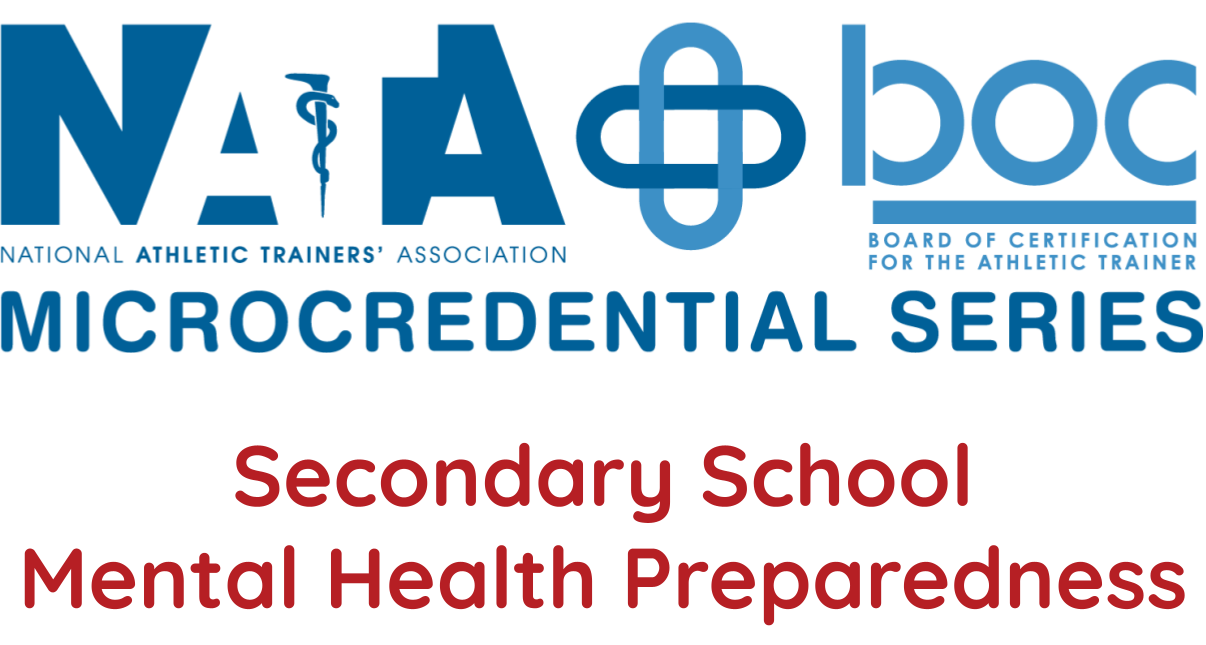
Allison Bickett, PhD
Dr. Allison Bickett received her PhD in Clinical Health Psychology at the University of North Carolina at Charlotte, and a Master’s Degree in Applied Cognition and Neuroscience from the University of Texas at Dallas. She presently serves as the Director of Behavioral Medicine Education in the Department of Family Medicine. She is responsible for Behavioral Health Integration programs at the three Family Medicine residency sites; supporting patient care in the inpatient and outpatient setting, as well as Diabetes and HIV clinics. Allison assists in developing and teaching the Longitudinal Behavioral Medicine curriculum; supporting and evaluating residents in the advancement of their mental health knowledge and clinical interviewing skills. Core facets of the Behavioral Medicine curriculum include motivational interviewing, active listening and the outpatient management of mental health issues commonly seen in primary care. Allison’s research interests include the relationship between mental health and chronic illness, behavioral health integration and mental health screening in the community.
Allison serves on several committees and taskforces to address physician well-being, and one of her passions in this area is the intersection of medicine and the humanities. She co-facilitates the Art of Medicine program, which is a unique collaboration between Atrium Health and the Bechtler Museum of Modern Art, which allows physicians and APPs to explore important works of art and process the challenging emotions that arise from the practice of medicine.


